To discover more about Rosemary please click on the image above.
Thoughts About
How to Write a Novel
I can’t
remember how many times people have told me they would write a novel if they
had time. Serious authors, published or unpublished, find time. It is important
to establish a routine. I recommend an achievable schedule, fifteen minutes or
more a day, a fixed period at the weekends, or writing a set number of words
every day.
If you
have an idea, don’t dream about writing. Begin with the first sentence and
continue to the end. Then revise and edit the drafts until the final one, in
the correct format, is ready to submit to an agent or publisher. If your novel
is rejected, don’t be discouraged, either polish your novel or begin a new one.
I wrote
eight novels before one was accepted. By then, I knew more about how to write.
I revised five of my earlier novels. Each year, I submitted one to the Romantic
Novelists Association for a reader’s report. Subsequently, each novel was
accepted for publication.
Whatever
you write requires self-discipline and determination. Suppose you aim to write
a novel which is 75,000 words. If you write 1,000 words a day you will finish
the first draft in 75 days. If you write 500 words a day you will finish it in
150 days.
No matter
how good our ideas are, we need to master the art of writing. Showing the reader what happens instead of
telling is important.
For example, the following tells the reader
what happened, but it is not interesting.
‘Zoe was
crying because she fell over and scraped her knees.’
The
revised sentence shows what happened.
‘Zoe raced
down the hill after her ball. She ran faster, slipped, and scraped her knees on
the pavement. Blood poured down her legs. She burst into tears.”
Our first
drafts require revision in which we show instead of telling. Also, we must
check the spelling and grammar, and, to avoid repetition, Use the following
words, which tell instead of showing, with caution. As, as if, has, has been,
had, had been, very, was, said, was and were.
Check to
make sure words or phrases are not frequently repeated. For example, when
editing a final draft, I realised my characters cleared their throats too often
before they spoke, that I frequently described the expressions in their eyes,
and the hero and heroine smiled repeatedly.
Research
is important. We shouldn’t take anything for granted. If we get a fact wrong a
reader might lose faith in us. If we write fantasy or science fiction, the
world we create must be believable.
Books on
How to Write, Writing Magazines, Courses and Workshops for Writers, a Writer’s
Circle, which meets regularly and offers constructive criticism, and an online
critique group can helpful.
It isn’t
enough for us to have a good idea for an article, non-fiction book, a poem, a
short story, novella, or a novel, we must write to the best of our ability.
To read my
classical historical romances with twists in the tale, set in Edward II’s
reign, Queen Anne Stuart’s reign, and the Regency era, please visit my website
to read the first three chapters
Rosemary’s
novels are available from Amazon and Books We Love Publishers:
https://bookswelove.net/morris-rosemary/


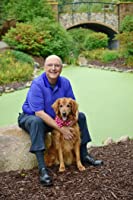
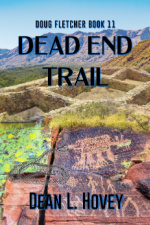
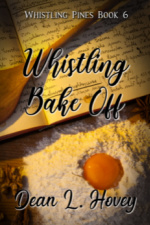

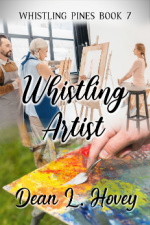


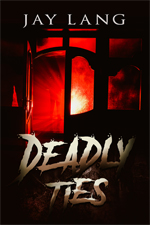
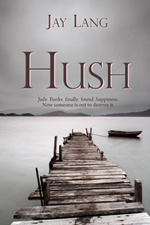






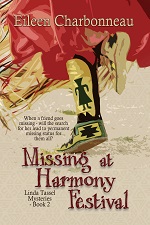
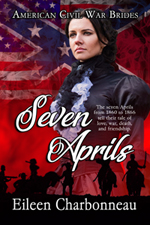

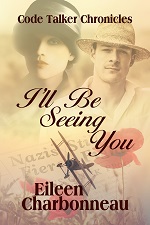
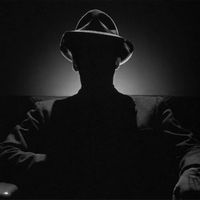
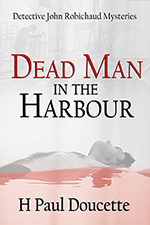
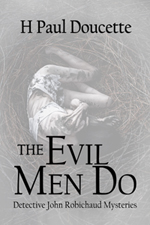
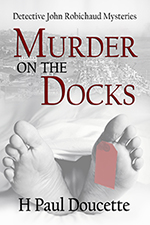
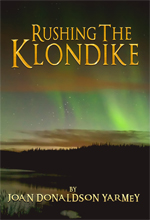
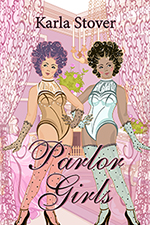
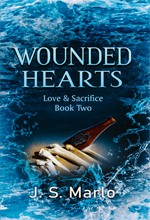
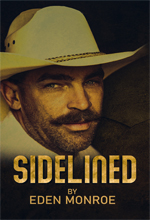








.jpg)
.png)